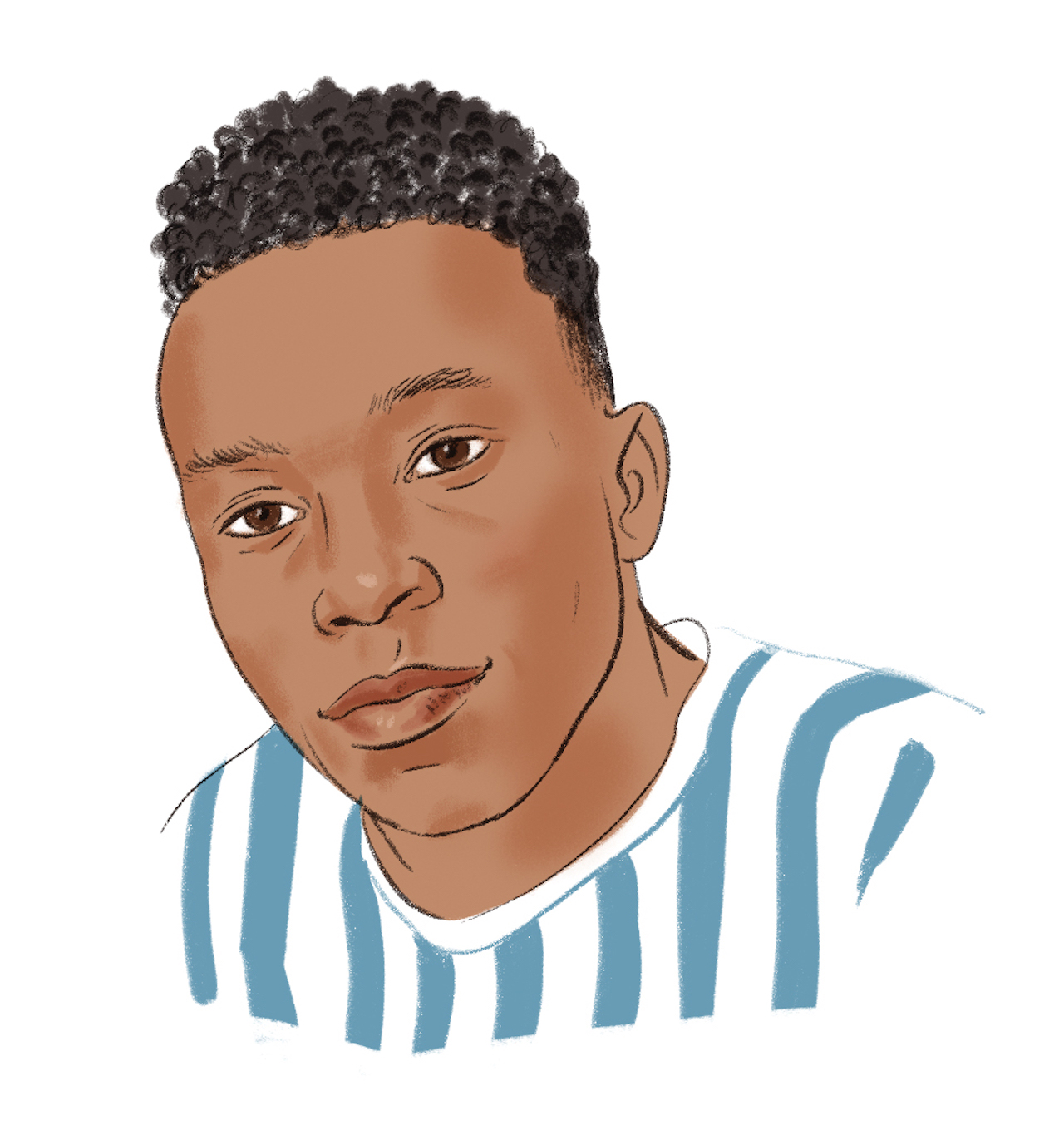

Every issue, GRAZIA USA highlights 17 Game Changers, who inspire, educate, and celebrate individuality, beauty, and style. Meet Olly Sholotan, the musician and star of Peacock’s Bel-Air, who finds a legacy of hope in his ancestry — and aims to pay that forward with his own art.
My parents are Nigerian. I was born in Atlanta, and then we lived in Nigeria until I was about 10 — when we moved to Texas. I think that every first-generation American, every child of immigrants, is so familiar with the concept of hope, became I’d say hope is the driving factor in all of our parents’ decisions. They all left something at home to come here to give us a better life.
My parents left my grandparents in Nigeria knowing that they wouldn’t be able to see them all the time. They left the familiarity with their culture. Our parents left all of that behind with the hope that we would do better in this country. I think, in a way, hope ties to love and motivation. Remembering their love and their hope is what has pushed me and kept me going.
I think in the media, there is a homogenization of Black people, and Black men specifically. When you watch a TV show or a movie, Black men are generally portrayed as super tough, manly, grew up rough, from the projects. And there’s not really any space in media for Black men who are more sensitive, Black men who deal with mental health issues like anxiety, Black men that are more privileged. So, if one Black kid who has felt othered by their background or by how they talk or how they dress or the types of art that they’re into — if they can watch Bel-Air and see themselves and feel seen, that’s my goal.
The thing that brings me hope is the belief that I can positively impact the world. My goal every night is to go to bed having put more good into the world than bad. Obviously, as human beings, we will naturally put a little bit of bad in the world. You’ll have a bad day, you’ll say something unintentionally rude. But if I can go to bed at night having done more good, that’s a good day.
For me, the pandemic afforded me the ability to really look inward: Why do I make the art that I do? What change do I want to affect in the world? My relationship with my art changed. I want to practice my art.
As a music producer and an artist in general, I think there is this common idea that you get struck with divine inspiration. You have this brilliant idea and it’s done in an hour, when in reality, you have to get up every day and try again and again. Talent really is consistency. You have to hope that something eventually will happen, but the thing that keeps you coming back is the love that you have for your art.
The reason art exists is because we look at these awful things that happen, and we go, How can I deal with that? How can I express that? And all of that is in an effort to move on from that thing or move on with that thing. Think about all the breakup songs in history!
Hope starts with love, so you need to find something — ideally not someone, because people disappoint you — but you need to find something that you love and make sure it’s something that’s powerful enough to get you out of bed every morning, because life is tough!
I think of this quote that I see all the time: “I am my ancestors’ wildest dreams.” Nowhere is that more apparent than the stage I’m at right now. I don’t know who my great granddad was, but I know for a fact that he wouldn’t have imagined where I am right now, and that’s just the coolest thing ever.
— As told to John Russell
Pick up GRAZIA USA’s March 2022 issue on newsstands and email [email protected] to subscribe.













